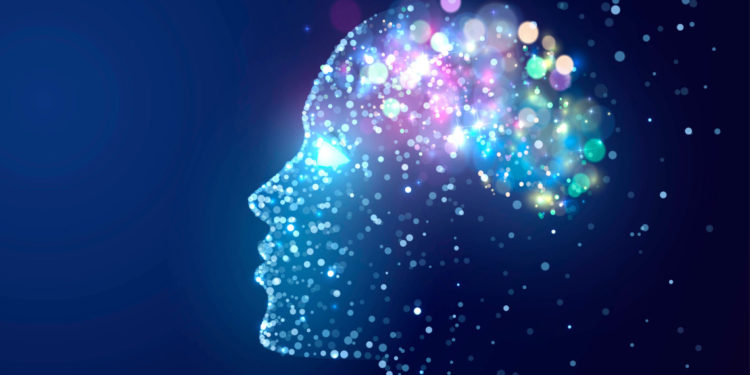Week 7 Blog: Neuroscience + Art
I really enjoyed the lesson this week because psychology and the way the brain works is something that really interests me. More specifically, my favorite lecture video was #2 about the unconscious mind and dreams. As professor Vesna stated, “95% of dreams are forgotten” which is something I wondered about all my life. A theory I have been hearing lately is that the “ fine tuning” of your unconscious mind is the key to having more controlled thought processes and higher productivity in your conscious state. I wonder if this is true? Based on what neurologist, Sigmund Freud, wrote about the unconscious mind, I believe that this theory could very possibly be correct. He believed that “significant and psychic events take place below the surface in the unconscious mind … [and] he interpreted such events as having both symbolic and actual significance” (Vesna, Freud, Lecture II).
Swiss psychiatrist, Carl Jung, also exemplified this theory when he stated his belief about the unconscious mind containing “the accumulation of inherited psychic structures and archetypal experiences” (Jung, Vesna). This further proved to me that our subconscious and unconscious minds are more powerful than we can prove. I believe a lot of the answers that even the most intelligent and talented artists and scientists cannot find are probably lying in the unconscious realm/state of mind.
I absolutely loved the installation Octopus Brainstorming and the way in which the audience was able to see the way brainwaves were changing through each state. I think the fact that we are literally able to see “When participants entered a meditative state… [through] the [change in the] visual and [synchronized] acoustic signals” is so incredible and thought provoking. Those were my favorite parts of this chapter that really helped me understand the ways the human mind works. Lastly, watching the Neuroscience + Art event with Daniel Jay helped me realize the ways that neuroscience studies influences art, specifically autobiographical art.
Works Cited
Albu, Cristina. “Planetary Re-Enchantment: Human-Animal Entanglements in Victoria Vesna’s Octopus Brainstorming.” CMA Journal - Simon Fraser University, www.sfu.ca/cmajournal/issues/issue-ten--enchantment--disenchantment--reenchantment/cristina-albu.html?fbclid=IwAR1twyrqbeKqNrJSUXSihLVGvX_D9ARndxDv3USnw2pTENE_iXHJtIo8v54. Accessed 19 May 2023.
Freud, Sigmund. https://bruinlearn.ucla.edu/courses/160989/pages/unit-7-view?module_item_id=5946342. Accessed 19 May 2023.
Jung, Carl Gustav. Neuroscience and Art Part 2. https://bruinlearn.ucla.edu/courses/160989/pages/unit-7-view?module_item_id=5946342. Accessed 19 May 2023.
Vesna , Victoria. “Octopus Brainstorming.” CMA Journal - Simon Fraser University, www.sfu.ca/cmajournal/issues/issue-ten--enchantment--disenchantment--reenchantment/cristina-albu.html?fbclid=IwAR1twyrqbeKqNrJSUXSihLVGvX_D9ARndxDv3USnw2pTENE_iXHJtIo8v54. Accessed 19 May 2023.
Vesna, Victoria. Neuroscience and Art Part 2. https://bruinlearn.ucla.edu/courses/160989/pages/unit-7-view?module_item_id=5946342. Accessed 19 May 2023.



Hi Maya! I really enjoyed reading your blog post for this week! I agree with you that our subconscious and unconscious minds are powerful and it is possible that we have not figured it all out yet when it comes to this topic. I enjoyed reading about the Octopus Brainstorming device that you mentioned because it shows how neuroscience, art, and technology are all being used together to come up with unique pieces. Great work!
ReplyDelete